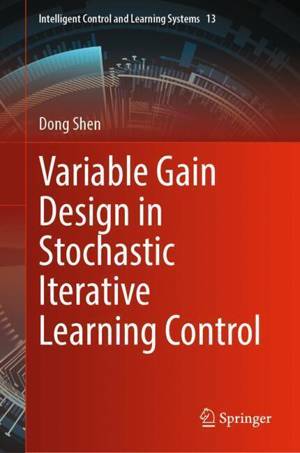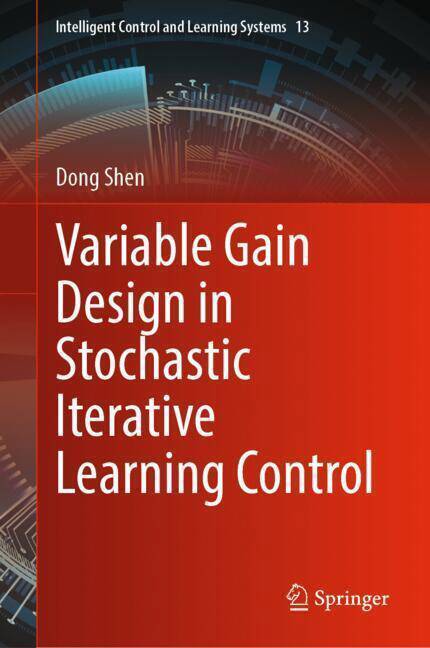
- Retrait gratuit dans votre magasin Club
- 7.000.000 titres dans notre catalogue
- Payer en toute sécurité
- Toujours un magasin près de chez vous
- Retrait gratuit dans votre magasin Club
- 7.000.0000 titres dans notre catalogue
- Payer en toute sécurité
- Toujours un magasin près de chez vous
Description
This book investigates the critical gain design in stochastic iterative learning control (SILC), including four specific gain design strategies: decreasing gain design, adaptive gain design, event-triggering gain design, and optimal gain design. The key concept for the gain design is to balance multiple performance indices such as high tracking precision, effective noise reduction, and fast convergence speed. These gain design techniques can be applied to various control algorithms for stochastic systems to realize a high tracking performance. This book provides a series of design and analysis techniques for the establishment of a systematic framework of gain design in SILC. The book is intended for scholars and graduate students who are interested in stochastic control, recursive algorithms design, and iterative learning control.
Spécifications
Parties prenantes
- Auteur(s) :
- Editeur:
Contenu
- Nombre de pages :
- 348
- Langue:
- Anglais
- Collection :
- Tome:
- n° 13
Caractéristiques
- EAN:
- 9789819782802
- Format:
- Livre relié
- Dimensions :
- 155 mm x 235 mm







